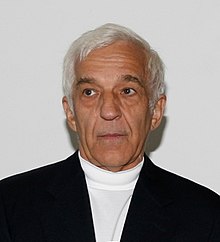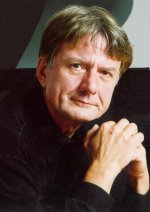 Concert Review: HKPO - Zimmerman - van Zweden
Concert Review: HKPO - Zimmerman - van ZwedenDec 12, 2014, CCCH
HKPO - Zimmerman - van Zweden
Sibelius - Prokofiev
After his wonderful 2012 HKPO performance of Beethoven, Zimmerman returned for the Sibelius Violin Concerto (interview with Zimmerman on this piece). He played with his usual fastidiousness and "considered spontaneity", and the tone he obtained on his ex-Kreisler Strad was fabulous. Jaap's accompaniment was tidy. But the whole was dispiriting. Where were the passion and grand sweep of Sibelius? A friend who went the next day was even more dismissive, saying "it sounded like a rehearsal". The Bach encore, however, was immaculate!
Prokofiev's Fifth Symphony is one of my favorites, and I had high hopes for Jaap, whose showmanship should suit this sort of stuff. Again, the orchestra played accurately, but the result was bland. Tidiness of the violins robbed the stratospheric passages of dissonance and atmosphere. The finale, while cacophonous, lacked rhythmic swagger, and the coiled tension that should have been there was nowhere in evidence. Ah, I miss Celibidache, whose performance of this piece in HK was so incredibly lively!
Jaap has been disappointing. Aside from his stunning HK debut with the Shostakovich 8th, his Mahler 1st, 4th and now Prokofiev have all been sharply played but musically non-satisfying.















